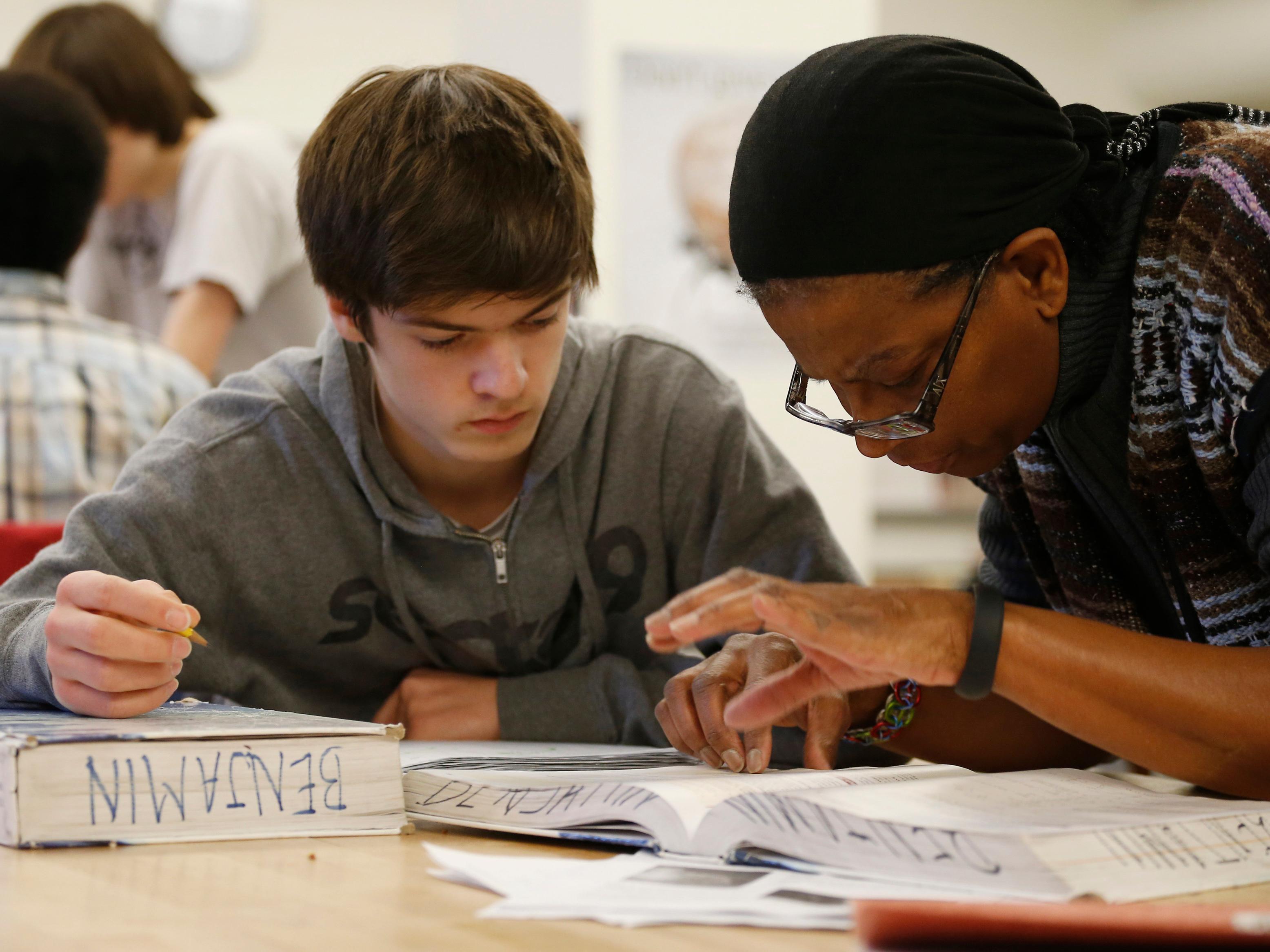
Smart digital textbooks could become the next big thing in learning. The idea is that software would review the notes and highlights students make in college textbooks and then use that information to develop tools to help students.
“The idea was to enhance digital textbooks, so that we could collect data from students while they’re initially exposed to material, said Michael Mozer, a computer science professor at University of Colorado Boulder.
Using that data, individualized recommendations would then be made to the student on what they should be studying and reviewing. Educators would use the information to better understand the learner’s state of mind, what the student was understanding and what they weren’t.
Simply by making an annotation, or highlight, the student introduces a collection point that the software could work with.
“At the moment, students feel compelled to highlight – go to any used textbook store and you see these highlights everywhere – and they haven’t helped the students very much in the past. Re-reading passages they’ve highlighted in the past doesn’t serve as a very effective study technique.”
CU has joined Rice University and the University of California San Diego on a four year project to develop smart digital textbooks.
Interview Highlights With Michael Mozer
On Turning Traditional Highlighting Into A Data Point
“We’re hoping that by collecting these highlights as the student is reading, we can make inferences about, ‘did the student really understand this material?’ We can turn this behavior that students feel compelled to do into something that is more useful.”
On Would Happen For The Student With This Interaction
“We’ll take the passages they’ve highlighted and transform them into questions that can probe the student. The psychological literature is very clear that testing one’s self on material is a much more effective study strategy for understanding concepts and for long-term retention than just the mere act of re-reading.”
On Other Implications Of This Data Outside Of Learning
“The data we collect, it wouldn’t affect their grades in anyway. It would only be used to serve them recommendations about what material they should review, when they should review, and what other material they wish to study, other resources.”









